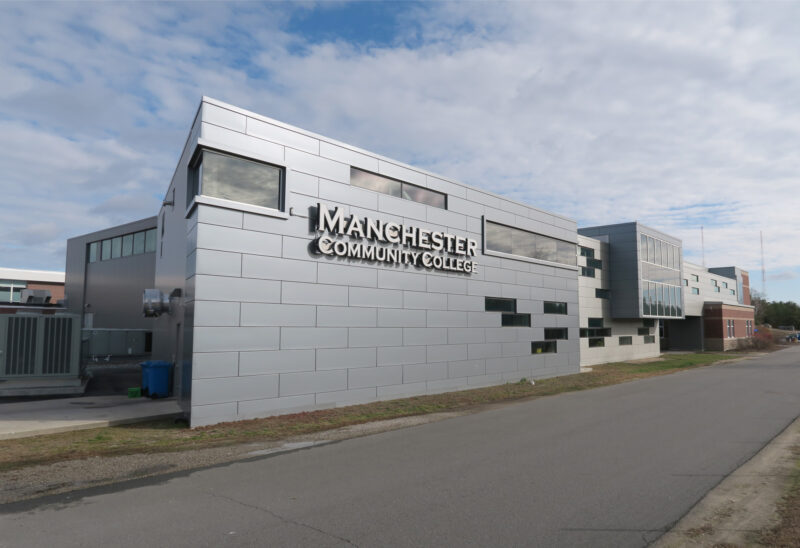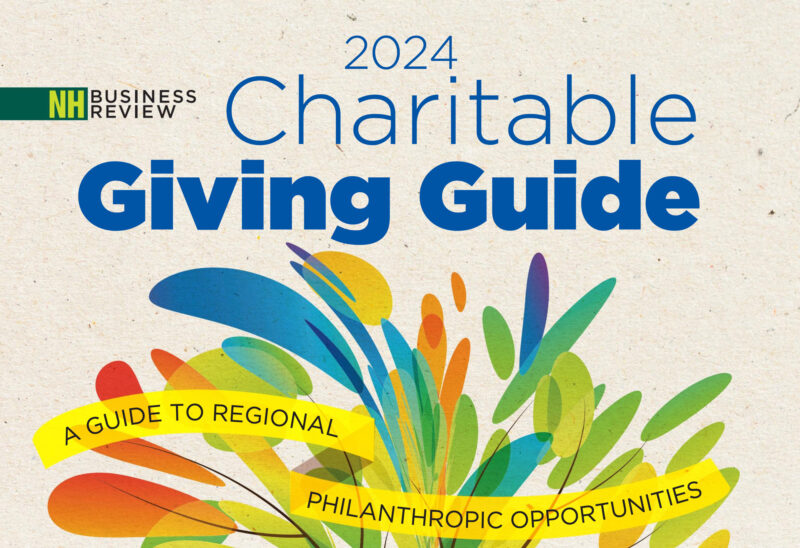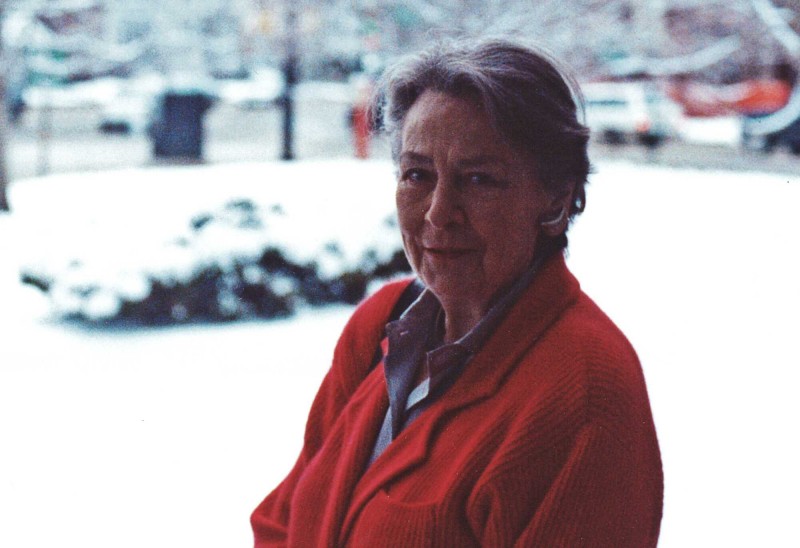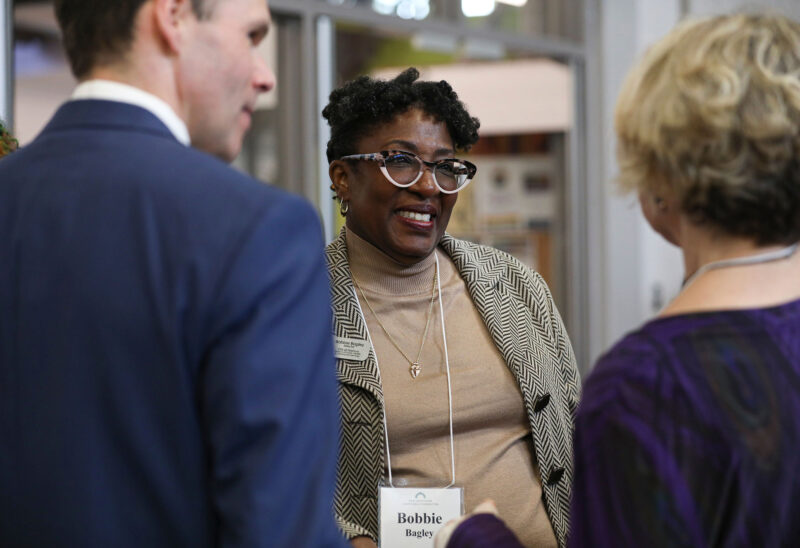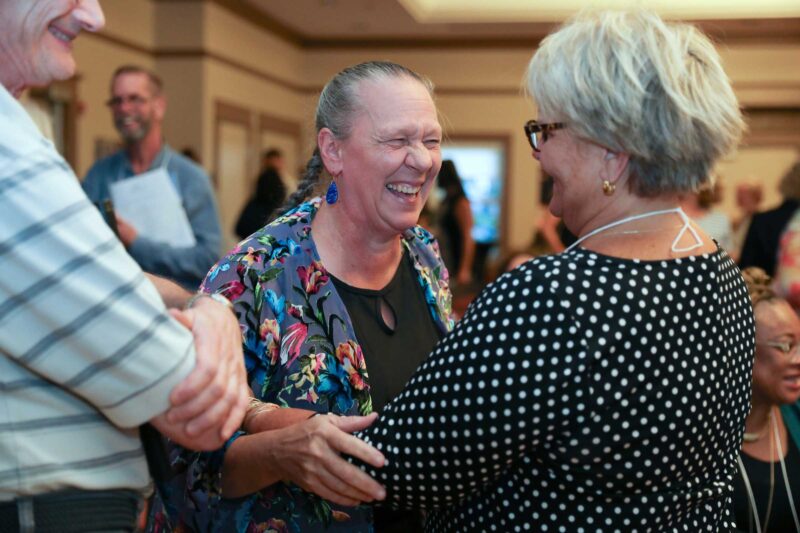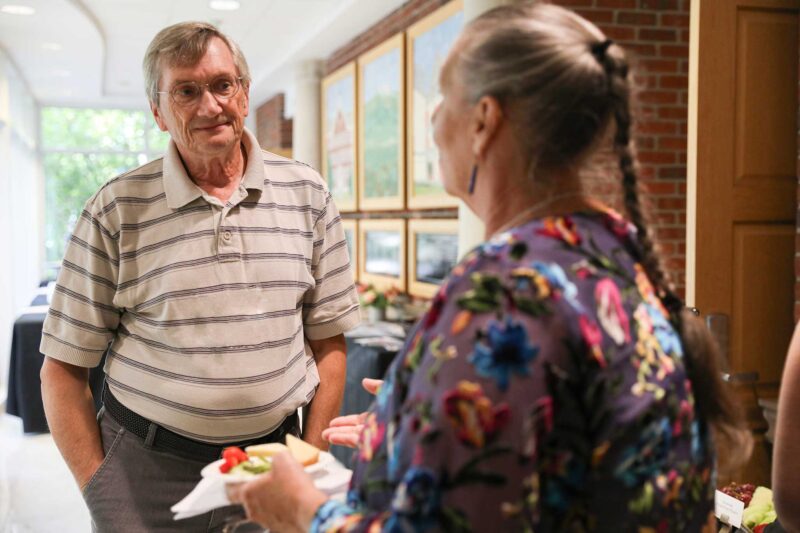Traci Fowler joined the Foundation staff in January as a senior program officer. She helps to manage the Foundation’s grantmaking for substance use disorder prevention, treatment and recovery and oversees grantmaking in the Upper Valley. Traci is a certified prevention specialist with nearly 20 years’ experience working with grassroots, community-based coalitions as well as state-level systems and agencies to improve behavioral health outcomes. She lives with her family in Andover.
Tell me how you chose your life’s work, or how it chose you.
When I went into college, I actually wanted to be a journalist writing about behavioral health. When I graduated college, I discovered our country’s national service programs, AmeriCorps and AmeriCorps VISTA. I travelled across the country to a tiny town in central Montana. The town was 1,000 people and the median income was less than $20,000. The charge was to develop positive, healthy activities for kids. There was no opportunity for these kids, no after-school programs, no summer programs, nothing. And I met these two amazing community champions and this woman who became my life mentor. She was just a hero. She was a social worker and she was driving so much of this really awesome community-based work. We got a summer program going. We got an after-school program going. We just started doing all this really cool stuff. And she was like, ‘you can do this for a job. It’s called macro social work, working with communities.’ And I thought, ‘that’s what I want to do with my whole life.’ (The other funny note is that I met my husband in that teeny town. I got my first dog and my husband, it was a package deal.)
And my interest in behavioral health and community and systems-change work came together in the work I did from there, as a community organizer in Franklin, as a regional prevention network coordinator in the Lakes Region at the Partnership for Public Health, and working as an independent consultant.
What inspires you about community philanthropy?
Just seeing that the role philanthropy plays in trying to change these complex social issues like addiction, access to services like early childhood support and raising healthy families. Those are complex problems to solve, and the role that this Foundation plays in addressing that and working with partners and state agencies and on-the-ground partners…it’s exactly what should be happening.
It feels very meaningful to be able to provide flexibility to organizations with the dollars that the Foundation can provide, especially to allow folks to do policy work in the area of substance use disorders. That is a critical part of any community based effort: that advocacy, policy and systems-change work. If organizations are exclusively receiving federal grants, which a lot of them are, to do prevention, they can’t do any advocacy. But Foundation funding can support that. The funding that goes out as a part of our prevention initiative to the public health networks, for instance, allows them to advocate at the state house. They’re the content experts in prevention, and they need to have a voice on things like Medicaid expansion, marijuana comercialization and extending sales of alcohol at convenience stores. There’s always policy work that is ongoing.
And these individuals who give their life’s worth, their entire estate, and their entire fortune to help folks that they don’t even know is amazing and so refreshing. It gives you faith that we’re going to be okay. That people are good and want to help.
In addition to your focus in the area of behavioral health and substance use disorders, you are in a senior program officer and scholarship review role for the Upper Valley and overseeing the Wellborn Ecology Fund …
It’s been great to be able to expand beyond behavioral health and review grants around basic needs such as food and shelter and to delve into the innovative place-based ecology education work happening through our Wellborn Ecology Fund. The Upper Valley non-profit landscape is so impressive. And also, in so many ways, working in the Upper Valley has been like coming to back to my New Hampshire roots. My husband attended Dartmouth College and we had settled in that area as newlyweds when we first arrived in New Hampshire almost 20 years ago. We lived, worked and played up in that neck of the woods and still love being there.
So you live in Andover? What do you and your family like to do when you’re not working?
We have 27 acres, land that we didn’t anticipate ever having. But when we were looking for a place to live, everything in our price range was basically unlivable. But my husband is a timber framer. He’s amazing at it, he’s so artistic. And he said, ‘what if we build our own house?’ It became a labor of love. We found this chunk of land and we did it. So a lot of our time is spent now just continuing work there. It’s just become our place. Its finished, but there are always a million things to keep doing: gardens, chickens…So we hang out with our daughter (who is four), and our chickens and two dogs and one fish…You know, we’re trying to get our lawn to not have grubs, just that kind of stuff.
We all choose this place, whether we came here from far away, or were born here and continue to choose it. So what is your ‘why New Hampshire’ story?
Both my husband and I went to school here, and just never left! We like the lifestyle, that pace of life. I grew up in New Jersey. I love the ocean and the coast but I don’t love the pace of more urban or suburban places. And jobs popped up in this area in behavioral health and community work.
We just absolutely adore New Hampshire. Its’ kind of feisty, live-free-or-die-ness. And the communities are just great. I love town meeting. We come together and we vote on budgets and talk about town roads. You can go and just raise your hand and talk, and people listen, and we all vote. I love that part of New Hampshire. It’s a true engagement in the place you live. And dirt roads and pickup trucks make my husband feel at home.
What’s a book or a film that you find yourself either continually recommending to people or is a current favorite?
I’m actually reading “Dream Hoarders,” by Richard Reeves. It’s a great book. And I’ve literally been recommending it to people. He’s pin-pointing a conversation that needs to happen. It really forces you to ask yourself hard questions about what benefits you might be willing to let go of so others have more access to opportunity. It’s really fascinating. I feel like those are the questions we should be asking.
And I like reading female comics like Chelsea Handler and Margaret Cho. That is my break. Reading and watching comedy.

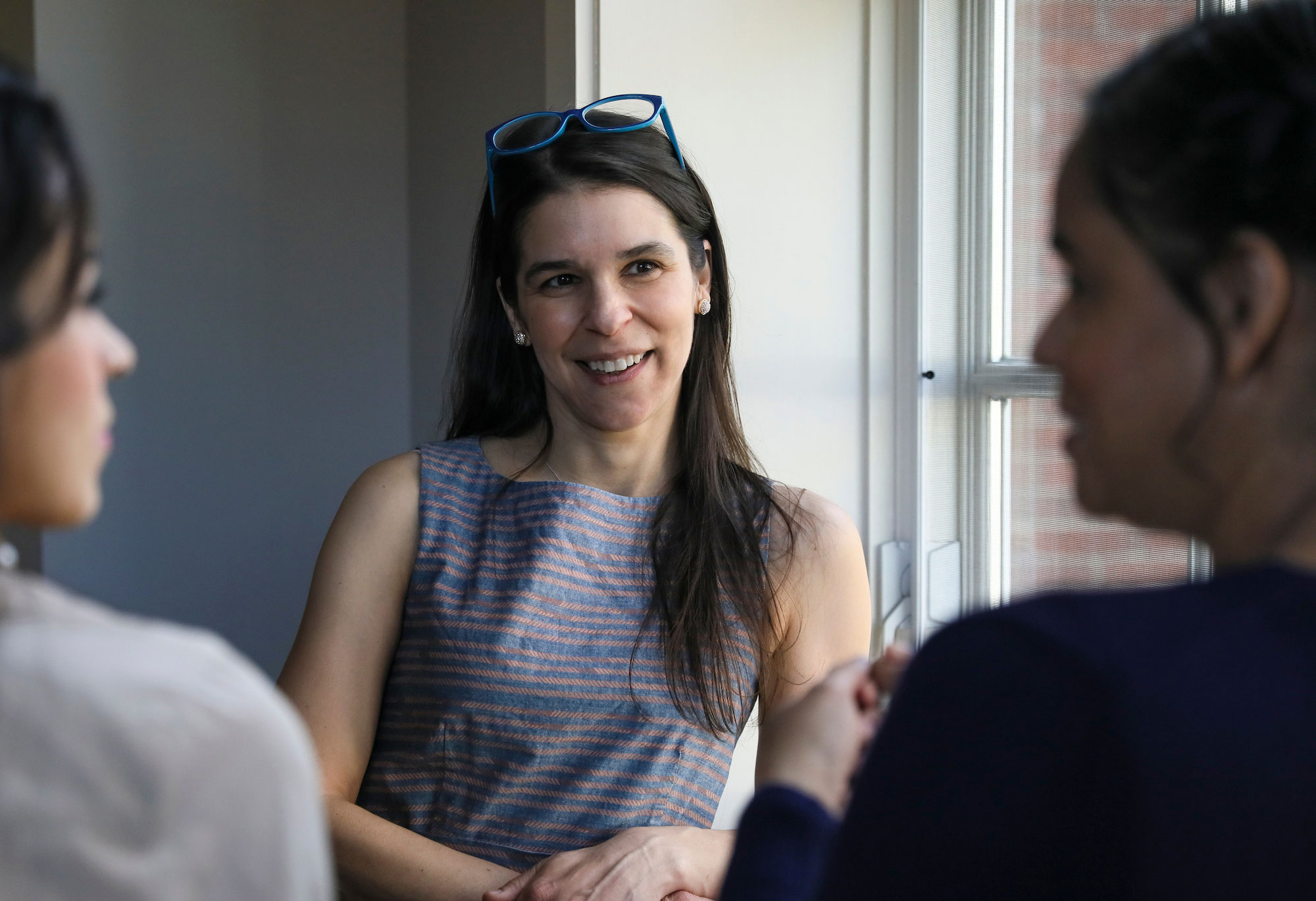








![Rev. Heidi Carrington Heath joined Seacoast Outright. [Photo by Cheryl Senter]](https://www.nhcf.org/wp-content/uploads/2024/05/Heidi-Carrington-Thumbnail-800x548.jpg)
![Dr. Jennie Hennigar treats a patient at the Tamworth Dental Center [Photo by Cheryl Senter]](https://www.nhcf.org/wp-content/uploads/2024/05/TCCAP-Hero-800x548.jpg)

